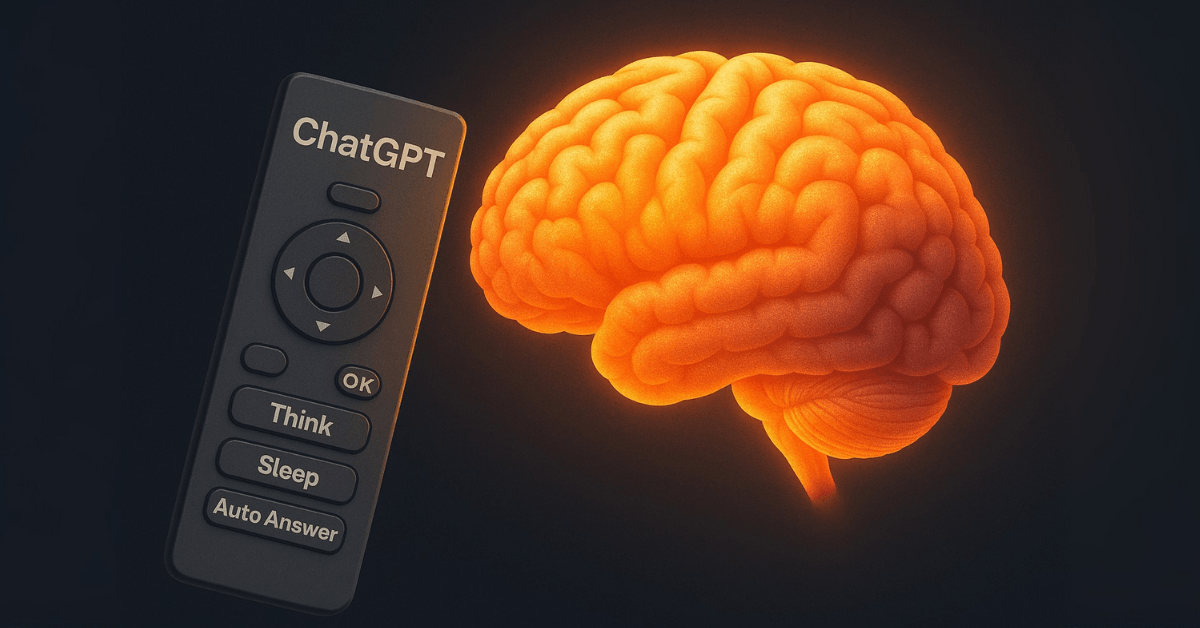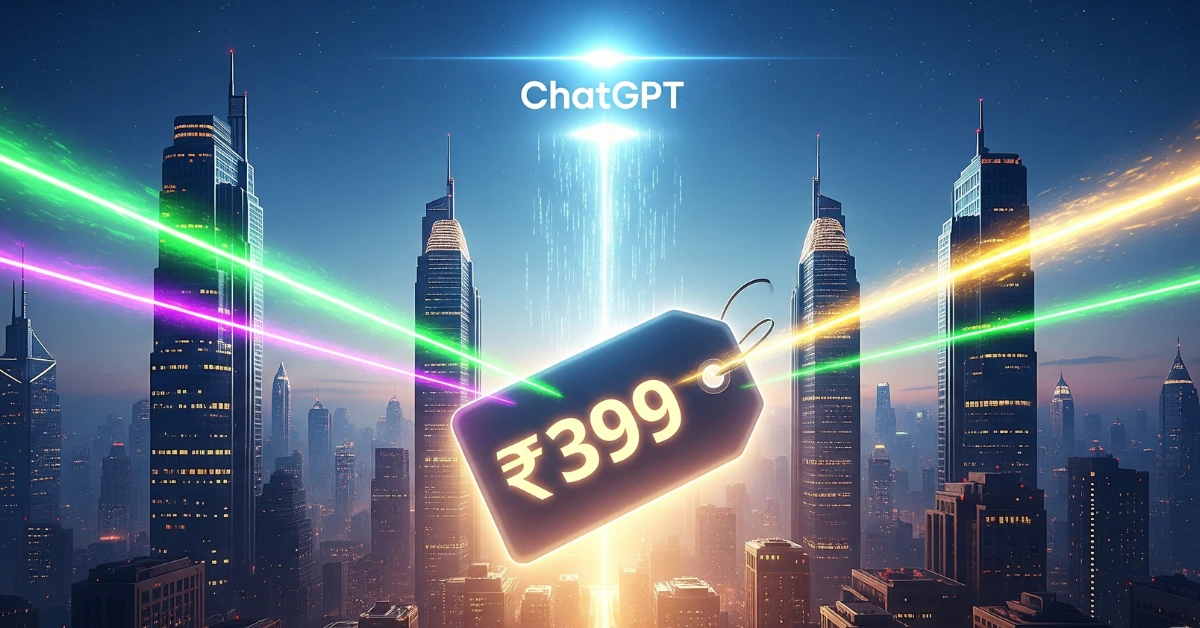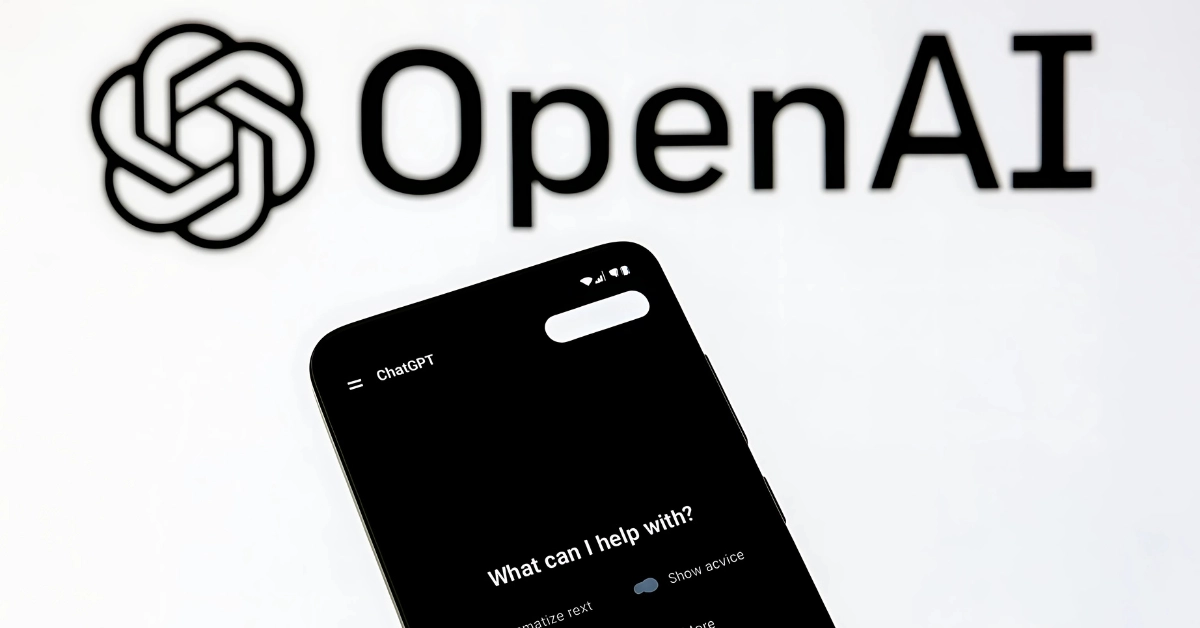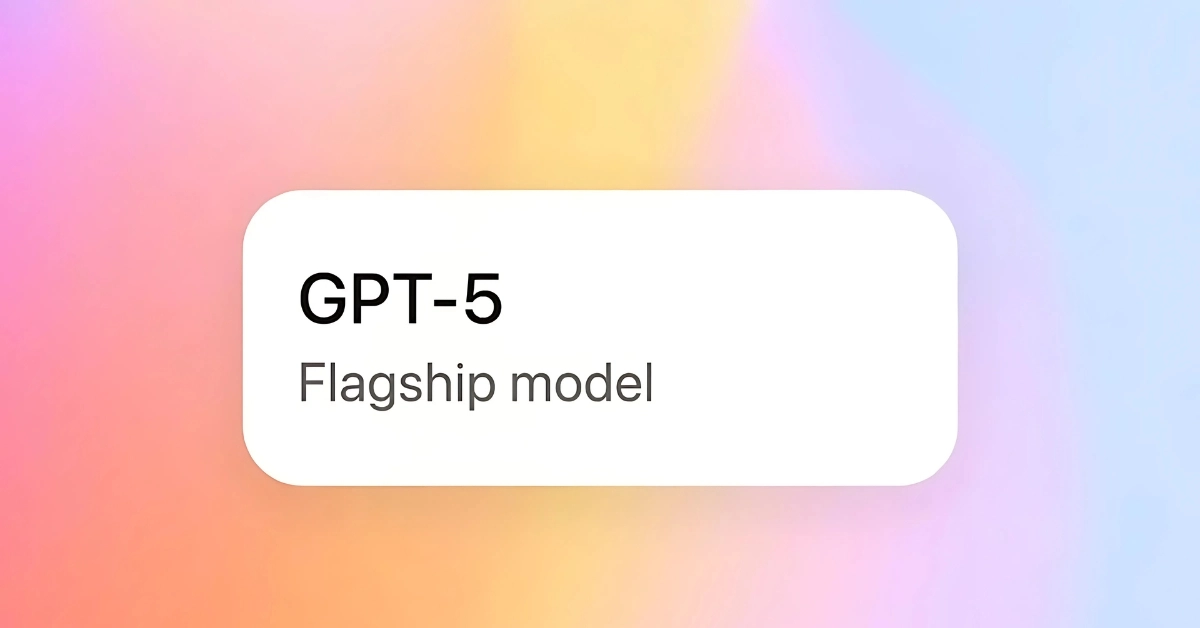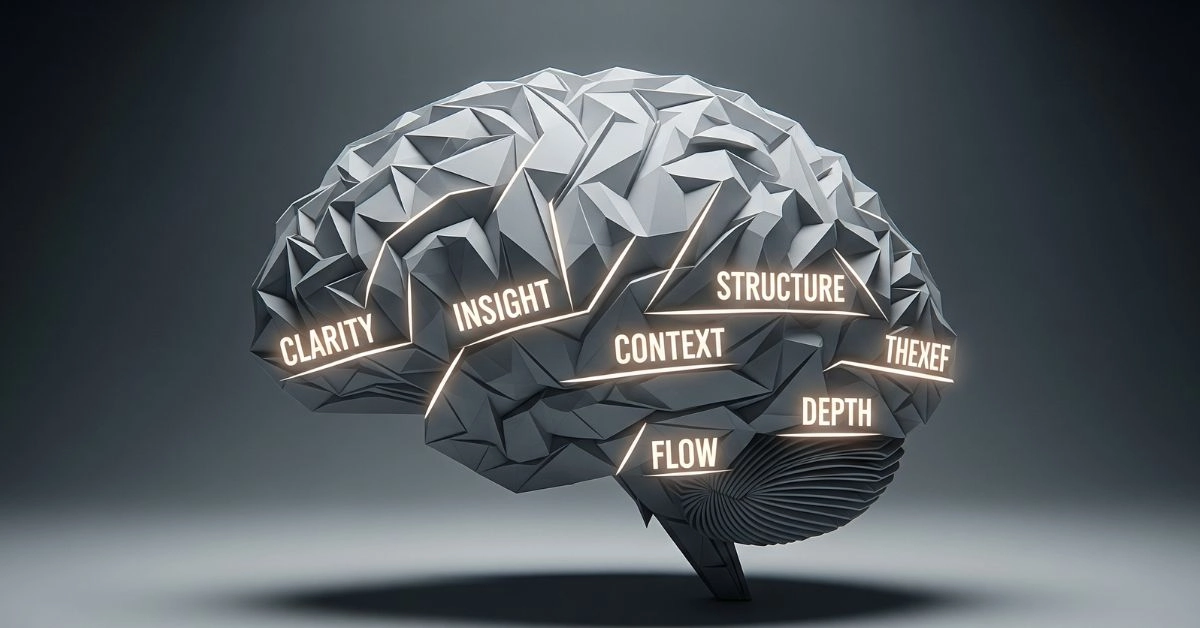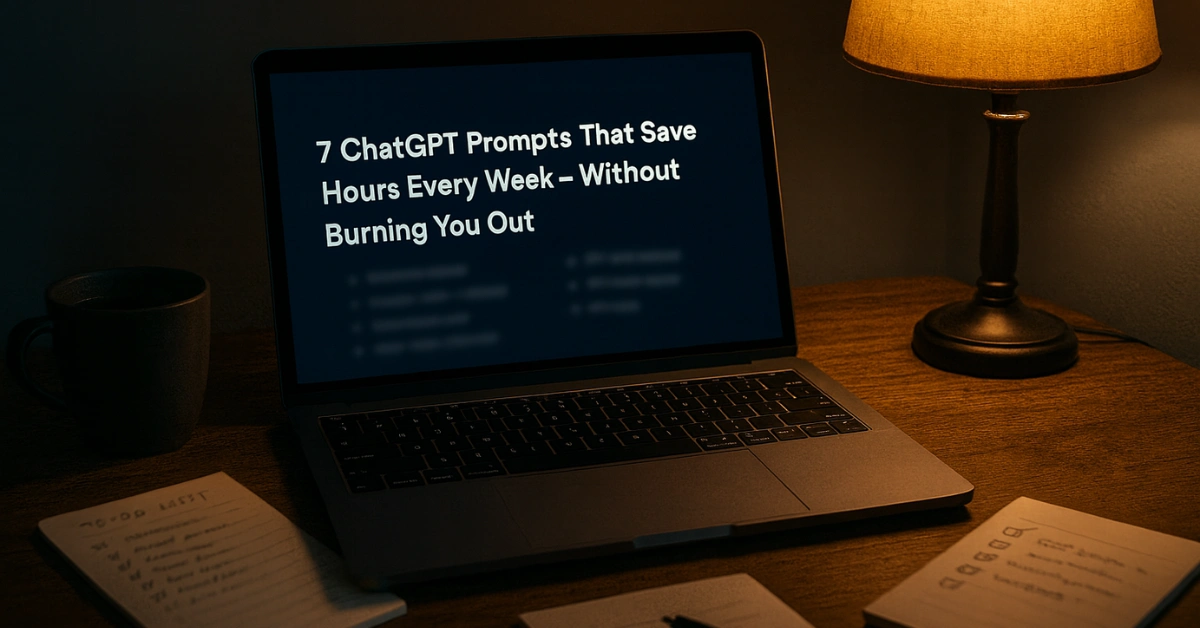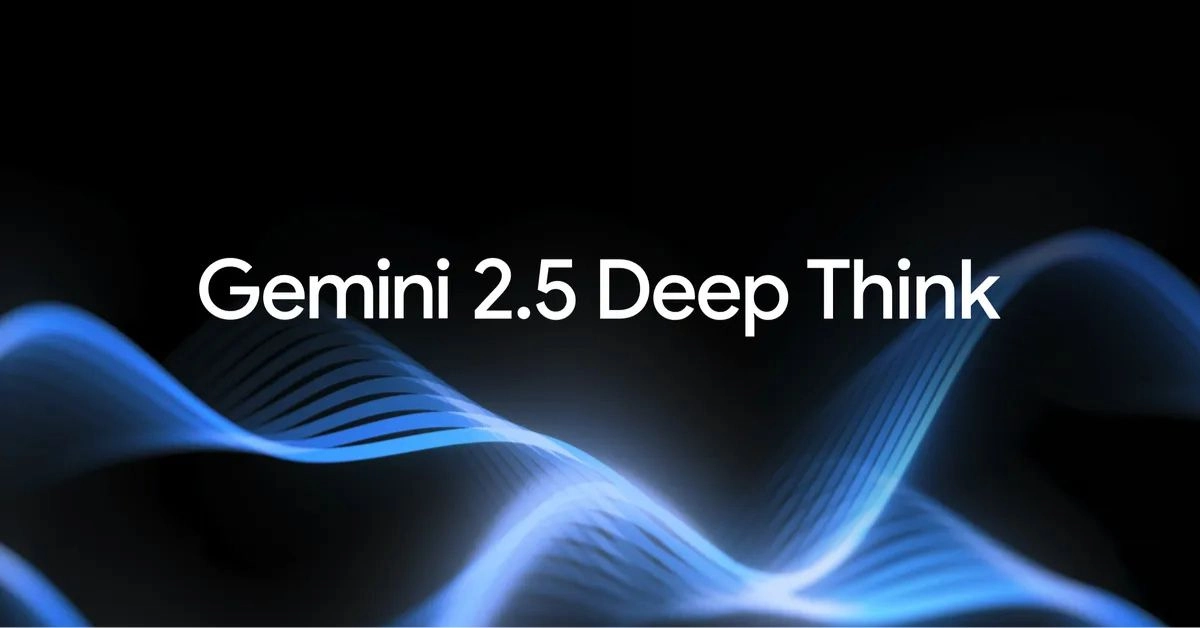By Mohit Singhania | Updated: June 24, 2025
“People became more confident in their wrong answers… just because ChatGPT said so.”
— MIT Cognitive Neuroscience Study, 2024
India’s favorite virtual sidekick — ChatGPT — might be doing more than just writing essays and job resumes.
According to a jaw-dropping study from MIT, relying too much on AI could actually be shutting down the parts of your brain that help you think critically.
You can also explore more MIT research on AI and human cognition here.
Yup — the more you let ChatGPT do your work, the less your brain wants to… even try.
And if you’re one of the 20 million+ Indians who’ve whispered “Bhaiya, ChatGPT se karwa lo,” this article might just change how you use AI forever.
MIT’s Mind-Bending Study: Your Brain vs AI
In this peer-reviewed study published in Nature Human Behaviour, researchers from MIT and Stanford put participants through decision-making tasks inside an fMRI brain scanner.
The twist? Some tasks were solved with AI suggestions, and others without.
What the scans revealed:
When people used ChatGPT-like AI for help, their prefrontal cortex — the part responsible for critical thinking — showed significantly reduced activity.
Curious what this part of your brain actually does? This quick guide explains the prefrontal cortex’s job in decision-making and logic.
That’s the same part of your brain that helps you:
- Judge good from bad advice
- Make tough decisions
- Learn from mistakes
Even worse?
People felt more confident in the wrong answers when they came from AI.
It wasn’t just brain laziness. It was blind trust.
What This Means for You (Especially in India)
CBSE has already issued advisories warning students against using AI for academic work, highlighting just how serious the issue is becoming.
If you’re still not clear on how these AI assistants work under the hood, this quick explainer on AI agents breaks it down like you’re 5.
But here’s the desi danger:
We’re outsourcing our brain’s job to a chatbot that doesn’t even know if it’s right.
Your prefrontal cortex is like your brain’s CEO. When AI takes over, the CEO goes on vacation… and the interns run the company.
Reactions from India: “ChatGPT Kar Dega Na?”
Here’s how Indians are reacting to the MIT brain study:
🎓 Priya (Student, DU):
“I used ChatGPT to write my philosophy paper. It got me a B+, but when the prof asked questions… I had no clue what I wrote.”
👨💼 Ajay (HR Lead, Bengaluru Startup):
“40 resumes last week looked the same — all clearly AI-generated. We rejected most of them. If you can’t write your own story, why should we trust you with ours?”
👩🏫 Neerja Ma’am (Kota Physics Teacher):
“Half my students now get AI to do their homework. But in tests? Zero understanding. No Google, no ChatGPT, only blank faces.”
This is no longer a tech trend. It’s a mental shortcut pandemic.
Real Stories: When AI Went Wrong
Here are three moments where ChatGPT backfired — hard:
1. The ₹1.3 Lakh Trading Loss
An MBA grad in Mumbai trusted ChatGPT to analyze Nifty options trends. Missed a geopolitical update.
Result: Wrong position. Massive loss.
“It sounded confident. I didn’t bother to double-check.”
2. The Plagiarized Assignment
A student from SRM University submitted a 4,000-word AI-generated paper.
Result: 89% flagged by Turnitin. Internal marks gone.
“ChatGPT even added fake references. I didn’t even read it once.”
3. The Robotic Job Interview
A fresher from Noida used AI to prep interview answers.
HR said:
“You sound like a template. Not a person.”
Rejected.
Recruiters are seeing this trend everywhere — LinkedIn’s own blog warns job seekers about sounding ‘too AI’ in applications.
Why This Is Happening: The Science in Simple Words
ChatGPT is confident, fast, and polite — the perfect combo to fool your brain.
MIT’s study shows:
When AI gives you answers, your brain thinks: “This sounds right. No need to think further.”
That’s dangerous — especially when the AI’s wrong. You stop thinking. You start accepting.
This isn’t about IQ. It’s about mental laziness by design.
So How Do You Use ChatGPT Without Becoming Brain-Dead?
Before we dive into the desi brain survival kit, here are some AI tools you can trust for smarter productivity — without frying your neurons.
Here’s your Masala-Proof AI Survival Kit — approved by both science and common sense.
| Move | Why It Works |
|---|---|
| Write first, ask AI later | Builds your own reasoning first |
| Use it for feedback, not final answers | Keeps you in control |
| Challenge it with wrong info | Trains your brain to fact-check |
| Mix AI with analog tools (books, notes) | Keeps memory strong |
| No-AI Sundays | Forces full mental workout |
| Verify everything important | Don’t outsource critical calls |
| Ask “Why?” 3 times | Triggers deeper thinking — not just agreement |
| Brain workout: Read + Argue + Journal | Your brain is a muscle — use it or lose it |
💡 Bonus Trick: Ask ChatGPT something absurd once a day.
Like: “Can I eat my phone to save data?”
Watching how it replies will remind you — it’s still just a tool.
Final Verdict: ChatGPT Is Powerful — But So Is Your Brain (Use Both)
AI can write your mail, plan your pitch, and help summarize a boring whitepaper.
But if it starts making every decision for you… your brain will stop learning.
And that, my friend, is the real price of convenience.
Just like fast food — it tastes great, saves time, but messes you up if that’s all you eat.
Don’t become the person who asks ChatGPT to break up with their girlfriend, write a Diwali card for their mom, or decide what stock to buy without checking the news.
Let it help you fly, but don’t forget how to walk.
Masala Meter: Brain Edition
| Category | Spice Level | Why It Burns |
|---|---|---|
| Brain Science Drama | 🌶️🌶️🌶️🌶️🌶️ | Real MRI scans, actual brain shut-down |
| Desi Relatability | 🌶️🌶️🌶️🌶️ | DU, HR, coaching centers — the full India sweep |
| Storytelling | 🌶️🌶️🌶️🌶️ | Real examples, real damage |
| Actionable Tips | 🌶️🌶️🌶️🌶️🌶️ | You can start today |
| Viral Potential | 💥💥💥💥💥 | Science + fear + student panic = total win |

